Philip Doldo
Stop Walking in Circles! Bailing Out Early in Projected Gradient Descent
Mar 25, 2025
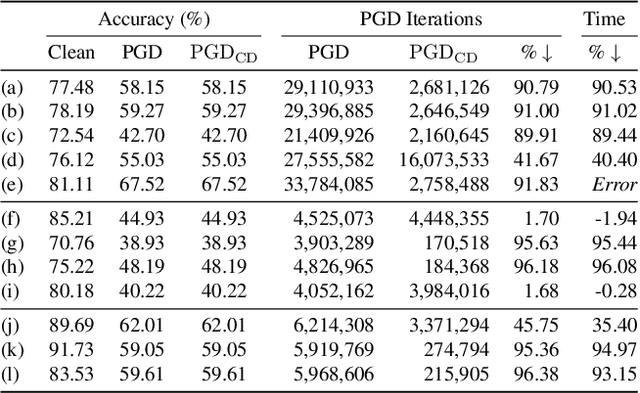


Abstract:Projected Gradient Descent (PGD) under the $L_\infty$ ball has become one of the defacto methods used in adversarial robustness evaluation for computer vision (CV) due to its reliability and efficacy, making a strong and easy-to-implement iterative baseline. However, PGD is computationally demanding to apply, especially when using thousands of iterations is the current best-practice recommendation to generate an adversarial example for a single image. In this work, we introduce a simple novel method for early termination of PGD based on cycle detection by exploiting the geometry of how PGD is implemented in practice and show that it can produce large speedup factors while providing the \emph{exact} same estimate of model robustness as standard PGD. This method substantially speeds up PGD without sacrificing any attack strength, enabling evaluations of robustness that were previously computationally intractable.
Feature Selection from Differentially Private Correlations
Aug 20, 2024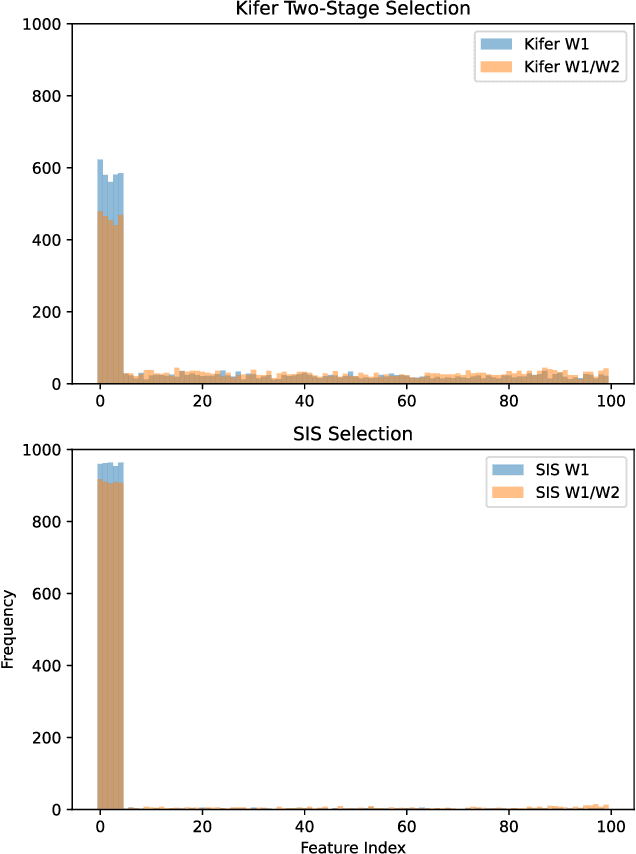
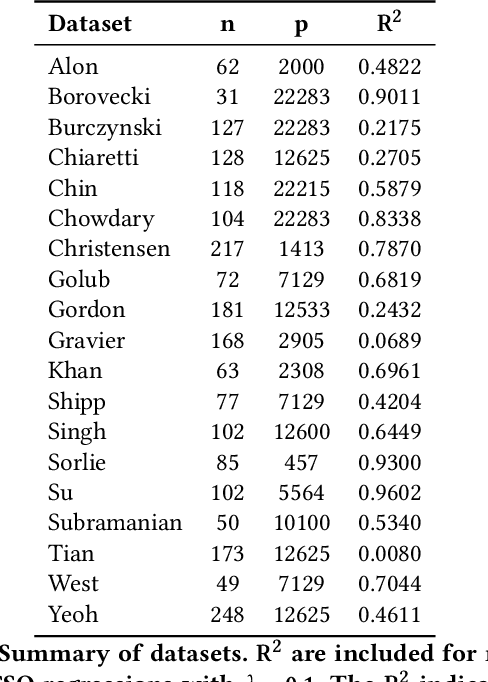
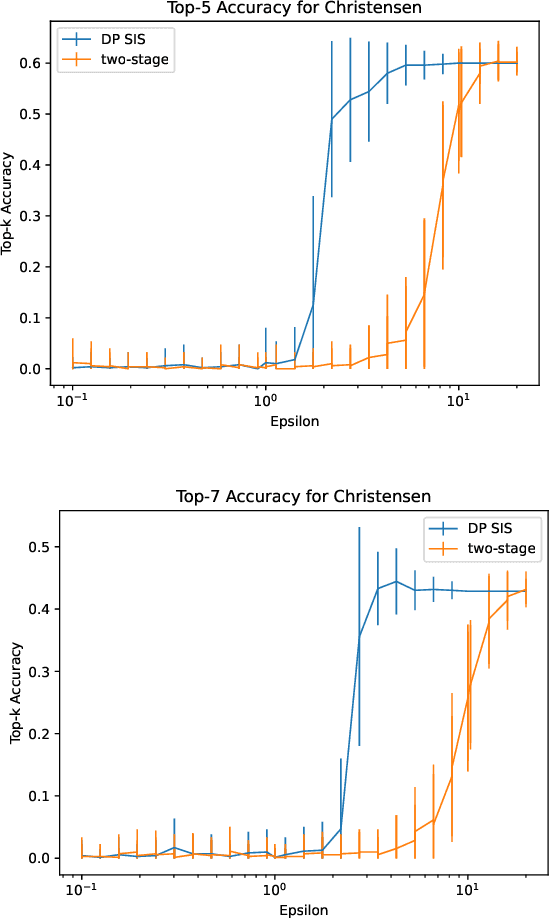
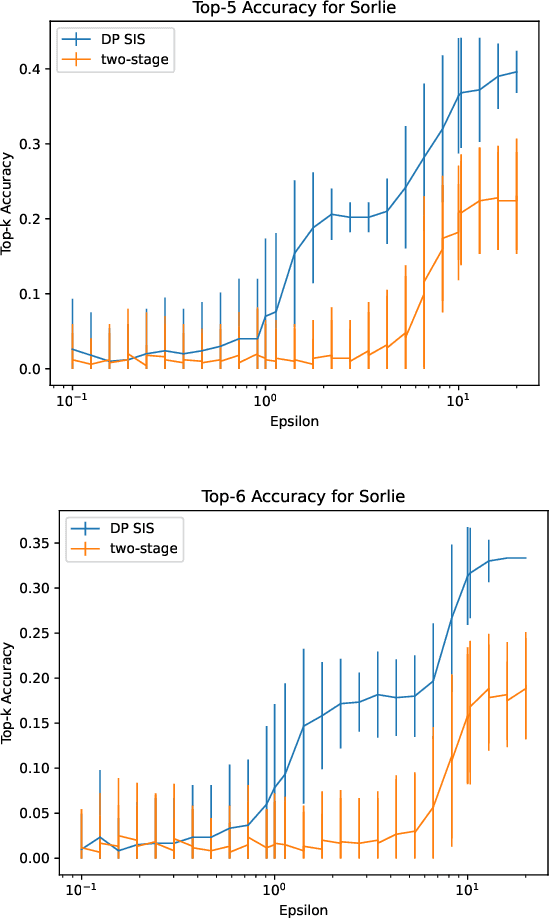
Abstract:Data scientists often seek to identify the most important features in high-dimensional datasets. This can be done through $L_1$-regularized regression, but this can become inefficient for very high-dimensional datasets. Additionally, high-dimensional regression can leak information about individual datapoints in a dataset. In this paper, we empirically evaluate the established baseline method for feature selection with differential privacy, the two-stage selection technique, and show that it is not stable under sparsity. This makes it perform poorly on real-world datasets, so we consider a different approach to private feature selection. We employ a correlations-based order statistic to choose important features from a dataset and privatize them to ensure that the results do not leak information about individual datapoints. We find that our method significantly outperforms the established baseline for private feature selection on many datasets.
 Add to Chrome
Add to Chrome Add to Firefox
Add to Firefox Add to Edge
Add to Edge